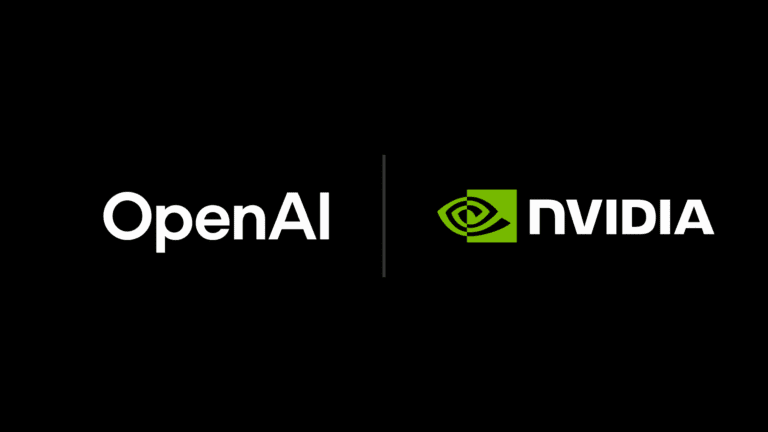
AI Tools Poised to Influence Online Choices, Researchers Warn
Artificial intelligence (AI) tools could soon influence people’s decisions online, from the products they purchase to the political candidates they support, according to researchers at the University of Cambridge. The study warns of a new economic paradigm, the “intention economy,” where AI systems forecast, manipulate, and sell human intentions to the highest bidder.
From Attention Economy to Intention Economy
The intention economy builds on the foundation of the attention economy, where platforms like Facebook and Instagram profit by capturing user attention. In this next evolution, AI-powered tools will predict users’ motivations—whether it’s planning a vacation, choosing a movie, or forming political opinions—and sell that data to companies looking to exploit these insights.
“For decades, attention has been the currency of the internet,” said Dr. Jonnie Penn from Cambridge’s Leverhulme Centre for the Future of Intelligence (LCFI). “Now, motivations and intentions could become the new currency, driving a gold rush for those who can target, steer, and monetize them.”
How AI May Influence Decisions
The research highlights how large language models (LLMs), the technology behind tools like ChatGPT, could dynamically influence user choices in real time. For example, an AI assistant might ask, “Have you thought about seeing Spider-Man tonight?” or suggest, “You mentioned feeling overworked—shall I book you that movie ticket?” These AI-driven suggestions are based on behavioral, psychological, and personal data gathered through user interactions.
By analyzing factors like age, vocabulary, political views, and even tone of voice, AI tools could create highly personalized and manipulative conversations designed to achieve specific objectives, such as selling a product or influencing a decision.
The Role of Generative AI in Advertising
Generative AI will also revolutionize online advertising by creating bespoke ads tailored to individual users. Advertisers could use these tools to anticipate user needs, predict future actions, and nudge users toward specific outcomes. For example, Meta’s AI model Cicero, which demonstrated human-level performance in the game Diplomacy by inferring and predicting opponents’ intentions, is cited as a potential precursor to such applications.
This capability could allow tech companies to auction user intentions, such as planning a restaurant booking or hotel stay, to advertisers in real-time. While behavioral forecasting already exists, AI tools will make these practices more dynamic, quantified, and personalized.
Ethical Concerns and the Need for Regulation
The researchers raise concerns about the potential misuse of these tools, particularly in sensitive areas like elections, free press, and fair market competition. “We must consider the societal impact of this marketplace before becoming victims of its unintended consequences,” warned Dr. Penn.
The study also highlights the risk of AI systems steering conversations to gain more personal information, raising questions about user privacy and informed consent.
The Future of AI and Human Intentions
As AI technology advances, the integration of tools capable of manipulating human decisions could reshape how people interact with the internet—and with each other. The study urges regulators to address these developments proactively, ensuring ethical use of AI in both commercial and social contexts.
The intention economy is on the horizon, and its implications could redefine the digital landscape. Whether it fosters innovation or exploitation will depend on how the technology is managed in the years ahead.






